China has recently launched a strategic initiative aimed at reshaping the international order, asserting its influence in a move toward a “multi-polar” world. In a speech at a major international security summit in Tianjin, President Xi Jinping emphasized multilateralism and sovereign equality while challenging the U.S.-dominated global structure.
He framed this initiative within historical context, referencing China’s role in World War II to bolster its claims to modern leadership and present an alternative to American influence.
The summit saw participation from over 20 leaders, including prominent figures like Russia’s Vladimir Putin and India’s Narendra Modi. This gathering underscored China’s ambition to forge a new global order amidst ongoing trade tensions with the U.S. Xi’s vision includes establishing a Shanghai Cooperation Organization bank to enhance regional financial ties and promote economic integration among member states.
Additionally, China and Russia recently solidified their strategic partnership through a significant energy agreement, involving the construction of a new gas pipeline through Mongolia. This deal allows Gazprom to supply China with 50 billion cubic meters of gas annually for 30 years, highlighting China’s growing energy reliance on Russia as Moscow seeks to pivot away from European markets amid geopolitical isolation due to the Ukraine conflict.
While these initiatives project China as a central figure in future global governance, critics warn that such a vision may solidify regional hegemonies, potentially replacing U.S. dominance with a Chinese authoritarian model. Despite showcasing military advancements, questions linger over China’s actual combat readiness. As China continues to strengthen its role on the global stage, the implications for international relations and global stability remain a focal point of global attention.

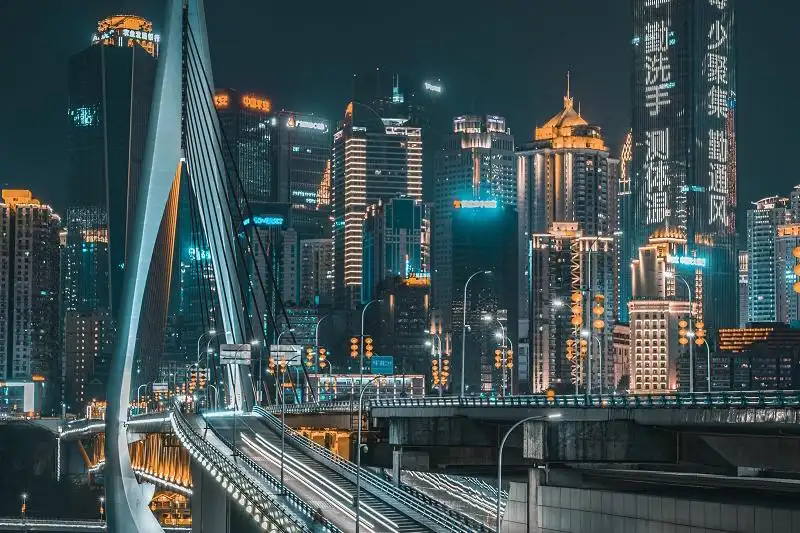
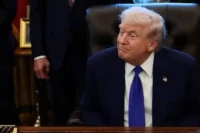

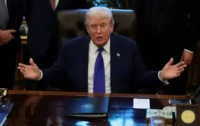
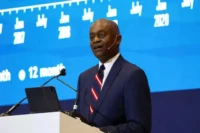
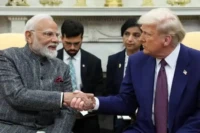
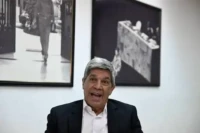



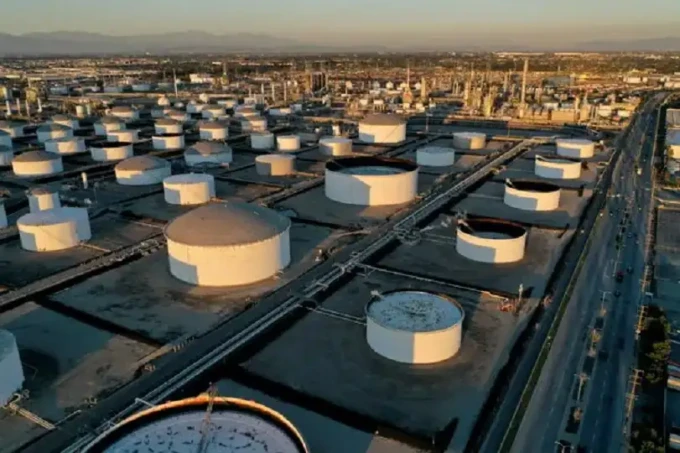
Leave a comment